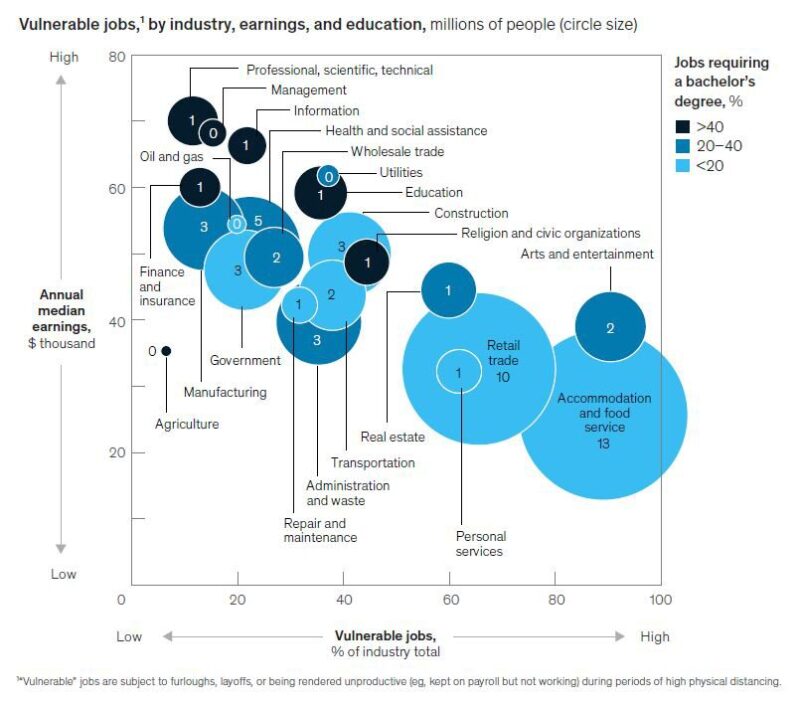Many of us are working remotely, which generally means we are in our homes in makeshift cubicles or a more defined office setup. It’s here that we have learned of the global economic and human toll meted out by the one-two punch of the pandemic and cratered oil demand.
The International Energy Agency issued its April Oil Market Report, noting, “Low prices threaten the stability of an industry that will remain central to the functioning of the global economy. Even with demand falling by a record amount this year, oil companies still face the challenges of investing to offset natural production declines and to meet future growth.”
Among the faces supporting the industry’s ability to accomplish this are another group of remote workers: the offshore and onshore personnel located around the world. Ranging from offshore platforms, floating production units, and supply vessels to shipyards and remote onshore locations such as Alaska, North Dakota, and Canada, their environment differs greatly from ours.
These men and women are accustomed to conditions many of us are experiencing for the first time: separation from loved ones, confined living spaces, restricted movement, and isolation from the “outside” world.
However, they too are now facing the risks of COVID-19, in already riskier and harsher conditions not conducive to social distancing such as helicopter transfer to and from offshore platforms, walking on passageways, and sharing tight living spaces with coworkers.
Although these people receive limited attention in the global media, they are also having to draw upon their personal resilience to combat the repercussions and personal hardships of the pandemic.
A worker at BP Alaska’s Prudhoe Bay oil field tested positive for the coronavirus in late March, and the company confirmed that several workers who had previously been on one of its offshore platforms in the Gulf of Mexico tested positive for COVID-19.
The US-based National Ocean Industries Association tracked 29 confirmed COVID-19 cases on seven offshore facilities in the Gulf of Mexico as of 14 April, where about 15,000 to 16,000 individuals are working at any one time.
Fourteen crew members aboard Saipem's offshore vessel FDS docked at Rotterdam, The Netherlands, were placed in in isolation on 10 April after a confirmed COVID-19 case aboard.
Last week, at least 53 crew members on an SBM Offshore FPSO working for Petrobras off Espirito Santo were reported to test positive for COVID-19. Another 30 of the crew were quarantined in a hotel.
Teekay confirmed a third-party contractor on the Hummingbird Spirit FPSO at the Spirit Energy’s Chestnut field in the central North Sea was emergency airlifted to the mainland after showing flu-like symptoms and was subsequently confirmed positive for the virus.
Inpex reported an offshore drilling rig worker, employed on the semisubmersible drilling unit Maersk Deliverer off Kimberley, Australia, tested positive shortly after returning to his overseas home, reportedly in Croatia.
Bear in mind that in addition to the extraordinary conditions many of these remote workers endure, they also may be concerned about cuts in projects or contracts and the possibility of furloughs and layoffs.
[Click to expand.]

McKinsey & Company identified the oil and gas industry as being one of the lowest in terms of the percent of its jobs being “vulnerable,” defined as being “subject to furloughs, layoffs, or rendered unproductive (e.g., kept on payroll but not working during periods of high physical distancing).”
While bird’s-eye views of an industry as a whole are intentionally objective, an individual’s experiences are necessarily very subjective—and are what really matters.


